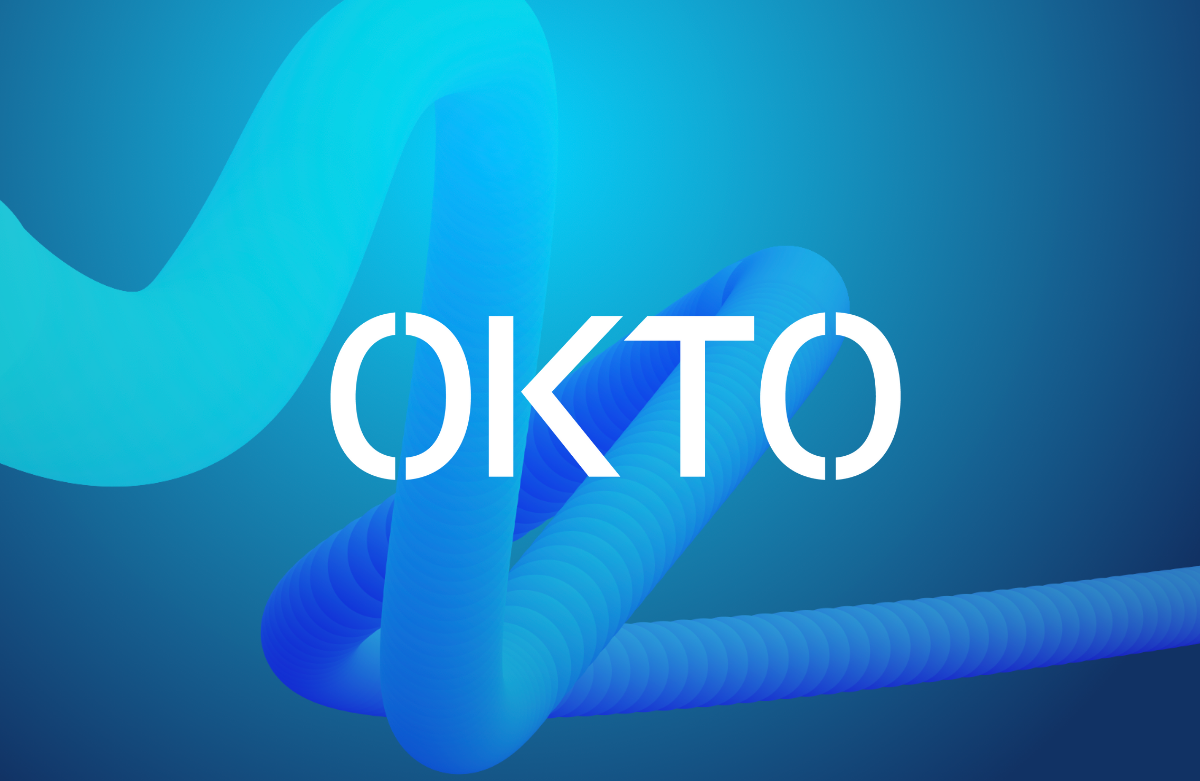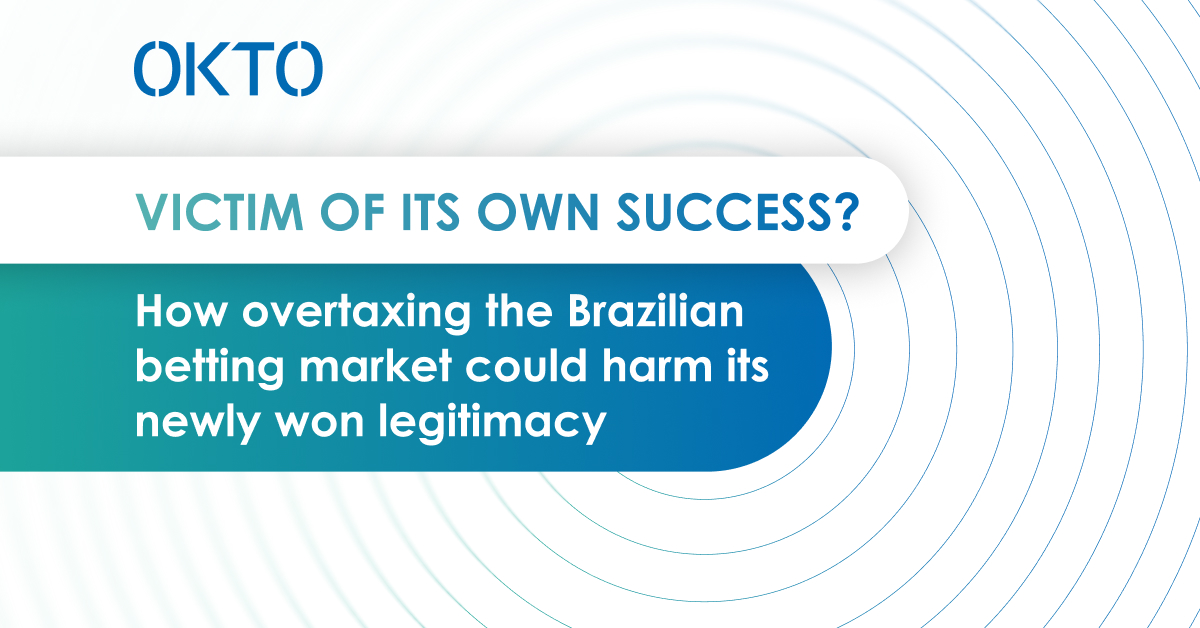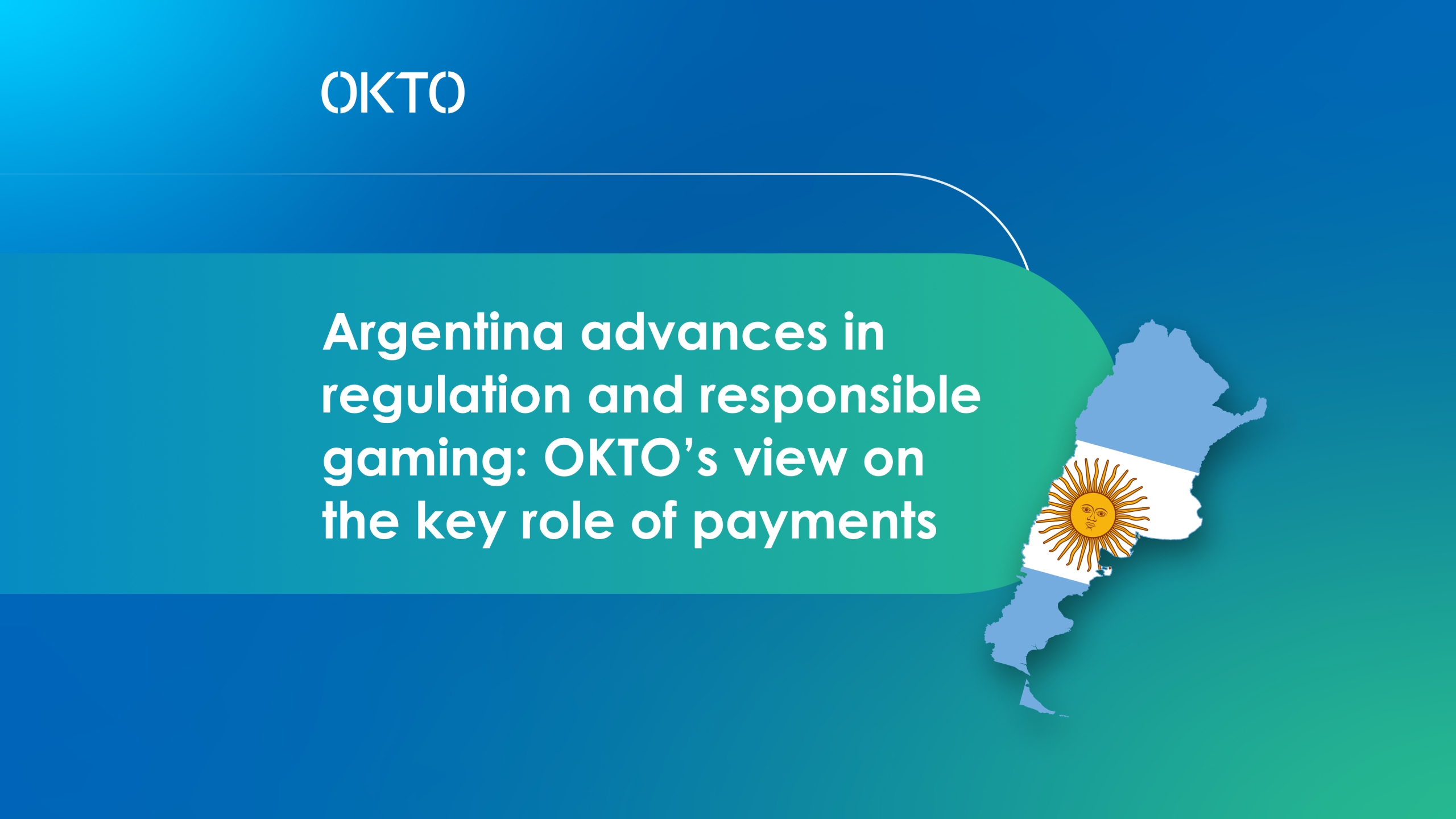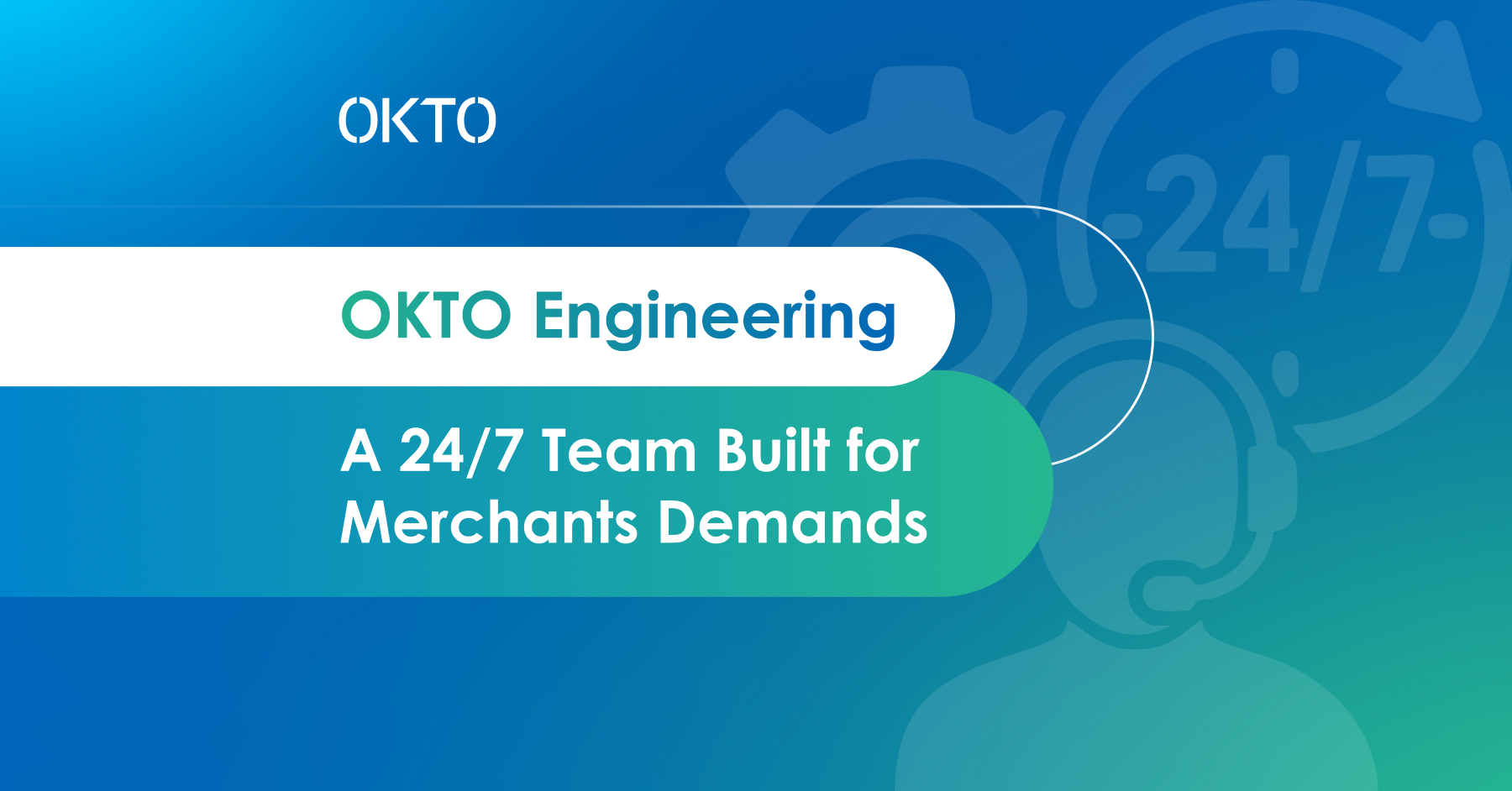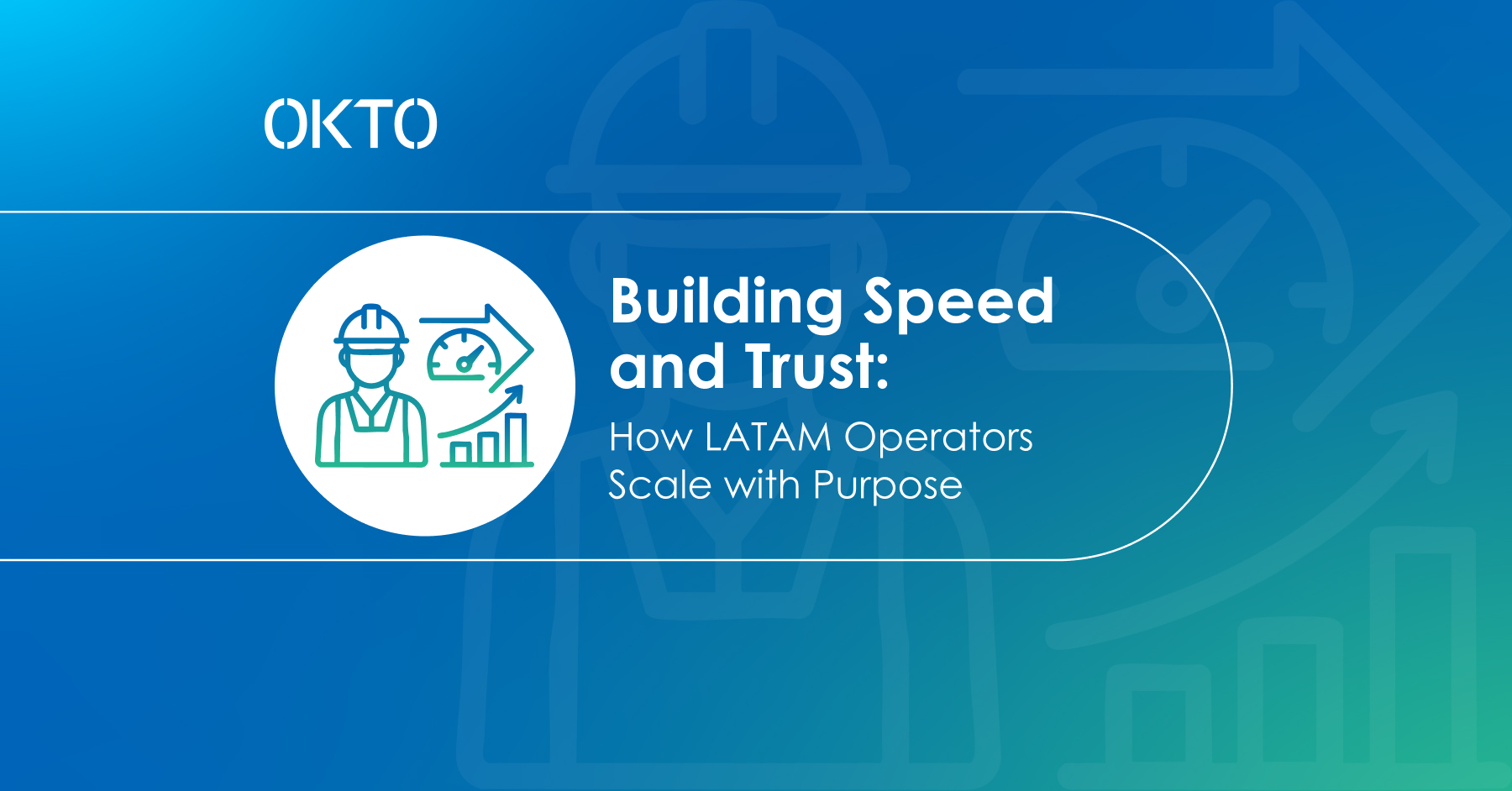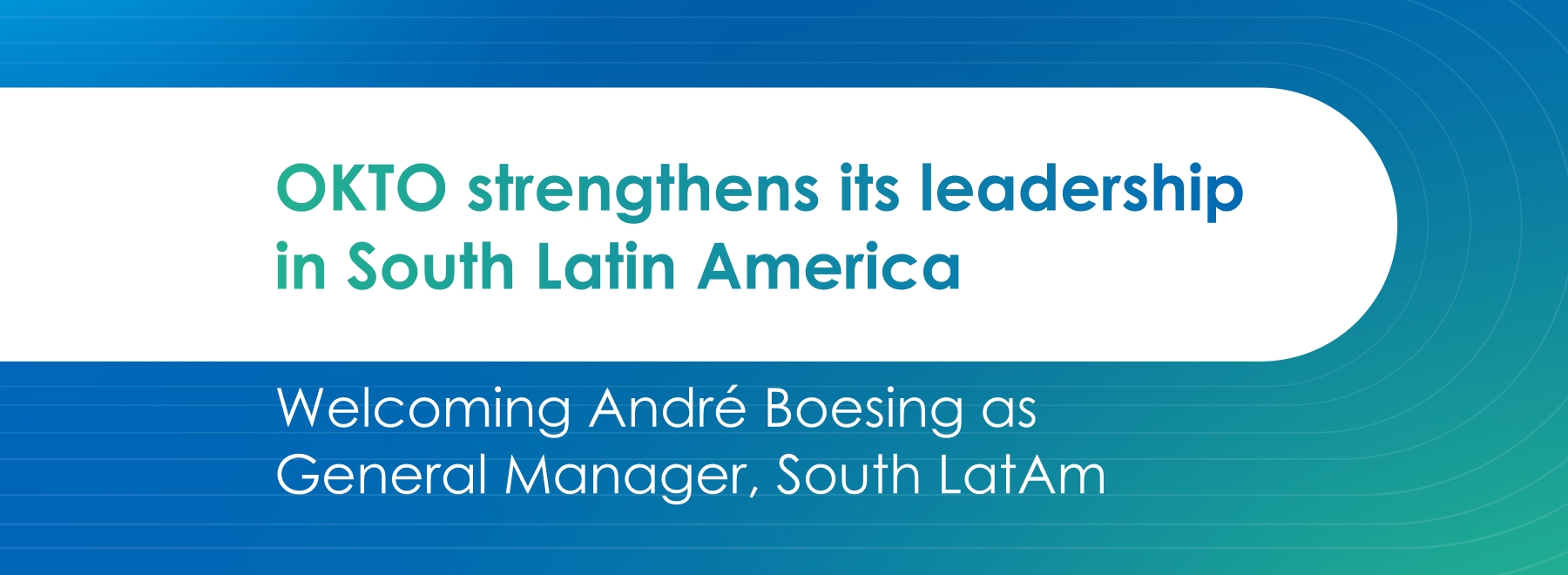Following International Women’s Day this March, Coinslot spoke with female executives and professionals working in the UK’s amusements, leisure and hospitality industry about what more can be done to support women in business. What emerged was a consensus that mentorship, education and support for women with families play a vital role in working towards gender parity, particularly at senior level. Our Marketing Director, Diana Theodoridi, shared her view in the Women in Business feature.
The world marked International Women’s Day earlier this month drawing attention to the role of women in business. Would you say we are making progress towards a level playing field for women when it comes to opportunities in business?
Women have made strides across diverse areas, including business, banking, finance, the communications sector and skills training: making many great achievements in the process. As a woman, and mother with a 16-year career working in local retail stores during university, to marketing in the gaming industry, and now leading the marketing team on the payments side, my experience has taught me that if companies address culture as a priority in their business, progress will be accelerated. Encouraging women to lean in and raise their hands higher can also help and should be part of the companies’ corporate strategy. I’m experiencing this culture at OKTO and I’m really glad to see how the company empowers not only women but also minorities across all management levels, highlighting our constant progress and driving accountability. Employees of each business reflect the world in which we live and at OKTO there is a diverse and inclusive environment to leverage the talent, insights and ideals of all OKTO employees, regardless of gender.
What would you highlight as some of the key advances made to bring more women into leading roles and where does the industry have to do better?
The changes that we can observe in the culture of many organizations have the biggest impact and play a key role. An increasing number of companies are committing to gender equality with men becoming advocates for women and rejecting the gender stereotypes which were all too common. And, of course, today women’s individual experiences and perspectives are powerful factors, too. We can see that more and more women in senior positions are pushing the boundaries of gender equality by utilizing their strengths and leadership qualities – in skill, knowledge, experience, but also emotional intelligence.
It is essential that we continue the progress and create a pledge to advance more women to all levels of leadership. Organizations in the industry should have an even broader, ‘whole systems’ view to support, retain, and develop female leaders. There are areas for focused improvement, such as getting more women into the C-suite and boards of directors, mentoring and sponsorship programs, and talent management policies and processes. We also need to rethink systems and challenge assumptions.
How have you overcome the challenges encountered in your own career path and what lessons have you learned en route? What key experiences would you pass on to other women in the industry and what advice would you offer?
As a woman in gaming and now in fintech, I have had to forge my own path to success in what are male-dominated sectors. Tech as a whole but also gaming and fintech needs more women—gender diversity brings in new voices and fresh perspectives and has even been shown to boost companies’ financial performance. The industry is slowly changing and becoming more inclusive, and with it comes new opportunities and challenges for women.
The challenges that were in place were always multi-dimensional; but the most difficult is the barriers that we, ourselves often construct on our road to success. For example, it takes time to separate hard work from right work. I used to get bogged down in 100 pounds of information when I just need only five to successfully complete any campaign and plan. Even at the outset of professional careers, we must work strategically, not just diligently. In addition, too often, we’ve seen that women wait to be noticed, wait to be asked and wait to be invited to the table. Here sits the importance of confidence. What I realised is that the greatest risk lies in not stepping up and the fact that perfection is not an option. Instead, we must embrace an outward approach, working collaboratively to achieve corporate goals.
Looking ahead, can you give us an idea of your own personal aspirations and visions for the future?
Following the pandemic, and while I value my introverted nature, I intend to experience more human connections both in my work life and personal. I now fully recognize the value of stretching myself and interacting with more people. My vision and aspirations are to maintain my career path, live a balanced life, and apply ethical principles in order to make a significant difference. I aim to combine these with the academic, physical, and spiritual aspects of my life so that I can maintain a sense of well-being and self-esteem.
Finally, how would you like the landscape to have changed for women in business when we revisit the subject this time next year?
It will be interesting to see if there are more women occupying leading positions within organisations but also more self-employed women, joining the entrepreneurship and innovation ecosystem.
We know that diversity and inclusion issues do not exist in a vacuum; they are connected to and impacted by a variety of factors, but to increase opportunities for women entrepreneurs, an integrated strategy needs to be grounded in evidence, an understanding of the system and the levers to drive change.



